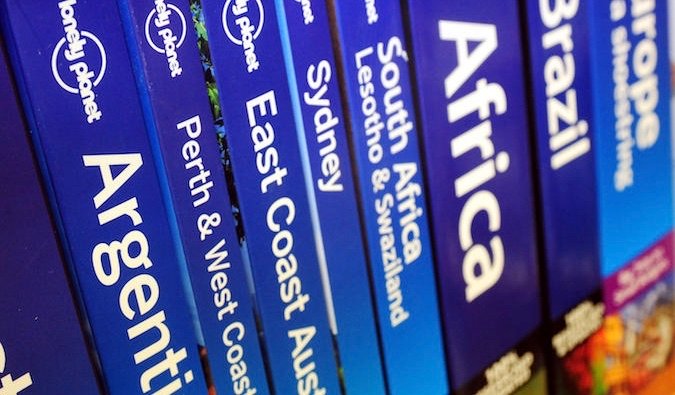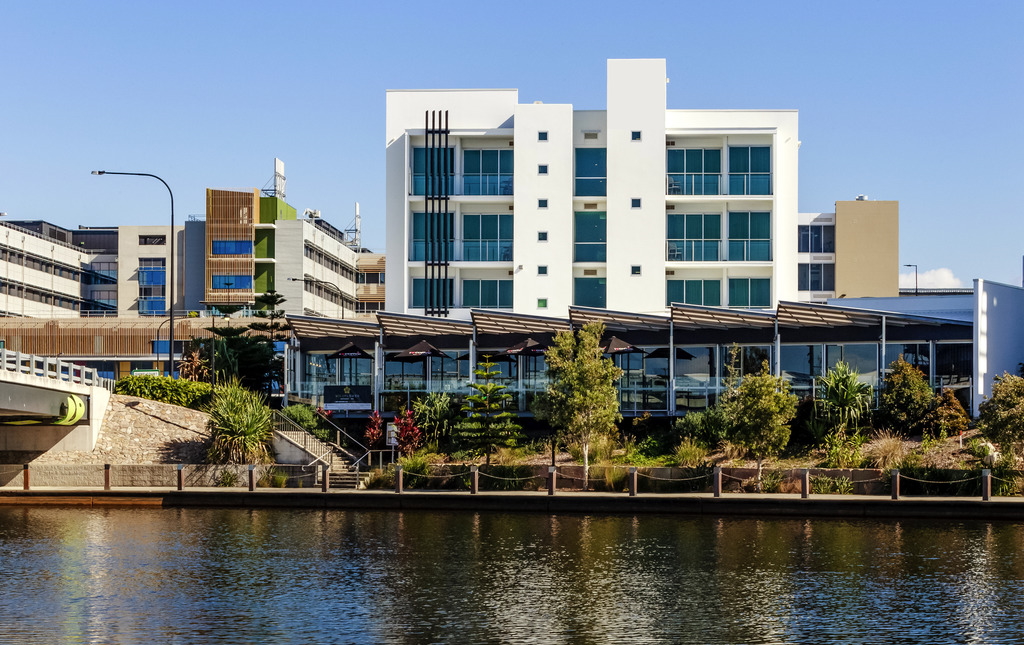The Role of MRZ Scanners in Modern Document Recognition Systems

In today’s fast-paced world, the need for quick and efficient document verification has grown substantially. One of the most critical tools in this process is the MRZ scanner. MRZ, or Machine-Readable Zone, is a standardized area of a document, typically found on passports and ID cards, which contains encoded information about the document holder. This zone is critical for modern document recognition systems, enabling machines to quickly and accurately extract key details such as names, nationalities, and document expiration dates. The use of an MRZ scanner helps automate these tasks, reducing human error and speeding up the verification process.
Document recognition systems, including those using MRZ scanners, rely on a combination of Optical Character Recognition (OCR) technology and sophisticated algorithms to read and verify information from various documents. When integrated with a broader system, the MRZ scanner allows airports, border controls, financial institutions, and government agencies to streamline the identification process. By scanning the machine-readable zone, the system can instantly cross-check the data against databases to confirm the validity of the document. This level of automation not only speeds up the process but also increases security by minimizing opportunities for fraud.
The MRZ scanner has become a pivotal element in many sectors, especially in border control and immigration. When a traveler presents their passport at an immigration checkpoint, the MRZ scanner extracts all relevant information, including the passport number, nationality, date of birth, and expiration date. This data is then processed within seconds, checked against various databases, and verified for authenticity. In some cases, these scanners are integrated with biometric systems, allowing for even more robust verification processes. For example, a fingerprint scan or facial recognition may be used in tandem with the MRZ scanner to provide multi-factor authentication.
Beyond airports and border control, the use of MRZ scanners extends to other fields such as banking and healthcare. In the banking sector, for instance, opening a new account or applying for a loan often requires identity verification. An MRZ scanner can quickly extract data from a passport or an ID card, allowing the bank to authenticate the identity of the applicant and check it against government records or credit bureaus. This saves both time and effort, making the process more efficient for both the bank and the customer. In healthcare, MRZ scanners can be used to quickly and accurately gather patient information, ensuring that records are complete and up to date.
One of the greatest advantages of using MRZ scanners in document recognition is the enhanced security they provide. Because MRZs follow strict international standards, they are difficult to forge or manipulate. This makes MRZ scanning a highly reliable method for verifying the authenticity of documents. In contrast, traditional methods that rely on manual data entry or visual inspection can be prone to human error or manipulation, leading to potential security breaches. MRZ scanners, when paired with encryption and other security protocols, provide an extra layer of protection, ensuring that sensitive information is kept secure during the verification process.
Moreover, advancements in MRZ scanning technology have made the process more accessible and efficient. Portable MRZ scanners are now available, allowing for document verification in remote locations or during mobile operations. These portable devices are particularly useful for field agents, mobile banking units, and other professionals who need to verify documents on the go. The versatility and speed of MRZ scanners have made them an indispensable tool in a variety of industries.
Despite the clear advantages of MRZ scanners, challenges still remain in the realm of document recognition. One of the primary issues is the integration of MRZ scanners with legacy systems. Many organizations, particularly those with older IT infrastructure, face difficulties in integrating modern document recognition technologies into their existing workflows. However, with the increasing demand for faster and more secure identity verification, many institutions are investing in the necessary upgrades to adopt MRZ scanning technology.
Another challenge is the evolving nature of document fraud. As document recognition systems become more sophisticated, so too do the methods used by fraudsters. Cybercriminals are constantly developing new techniques to bypass security measures, which means that MRZ scanning technology must also evolve to stay ahead of these threats. Fortunately, the development of artificial intelligence (AI) and machine learning is providing new tools to enhance MRZ scanning capabilities. AI-driven systems can detect subtle anomalies in documents that may be missed by traditional scanning methods, providing an additional layer of security.
In conclusion, the MRZ scanner is a crucial component of modern document recognition systems, providing fast, accurate, and secure methods for verifying identity and document authenticity. As technology continues to advance, we can expect MRZ scanning to play an even greater role in enhancing security across various industries. By combining MRZ scanners with AI, biometric verification, and other cutting-edge technologies, organizations can ensure the highest levels of security and efficiency in their operations.




